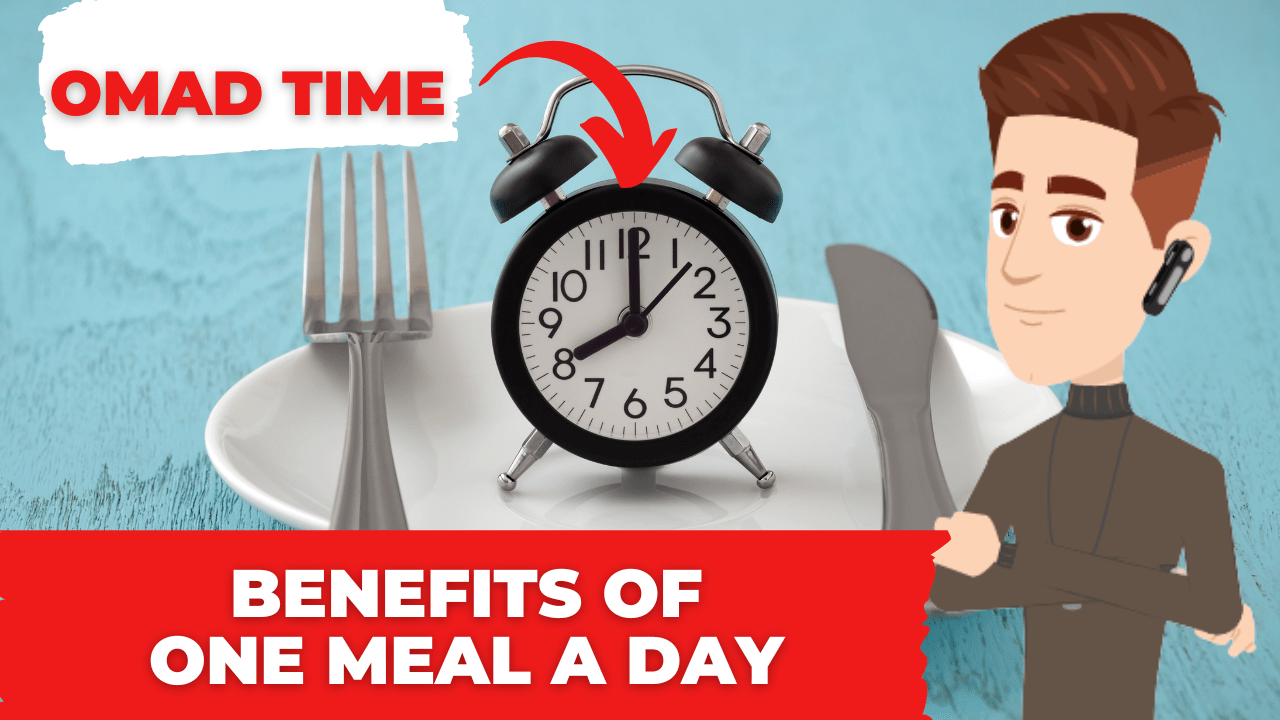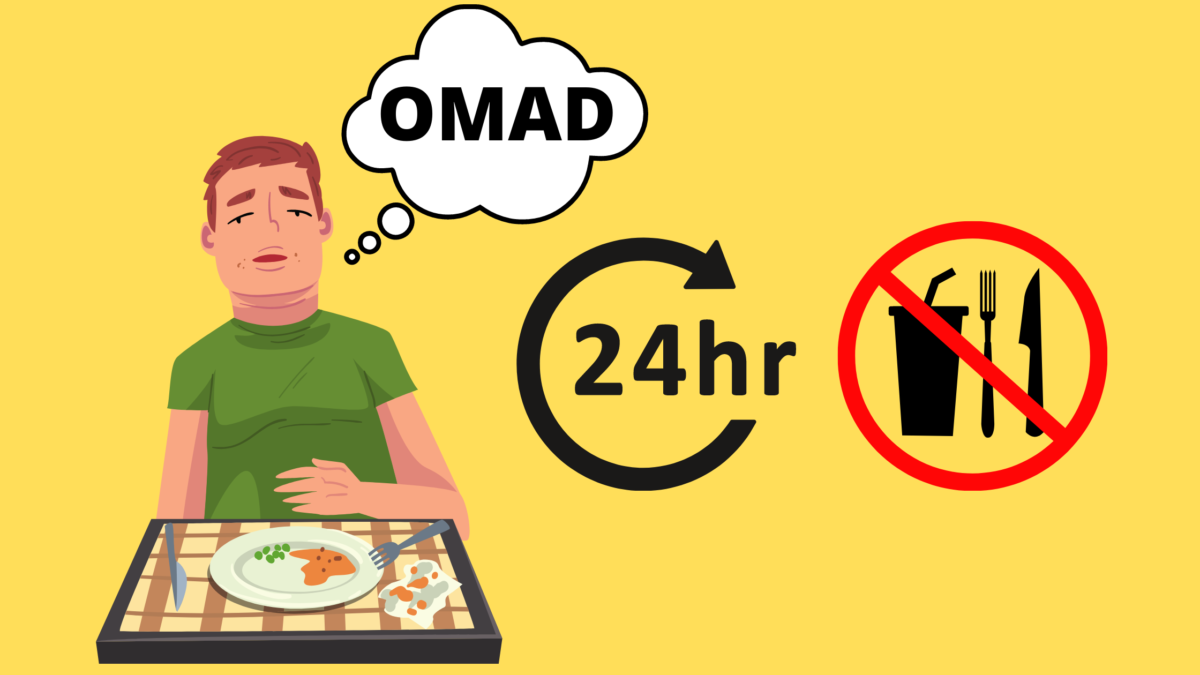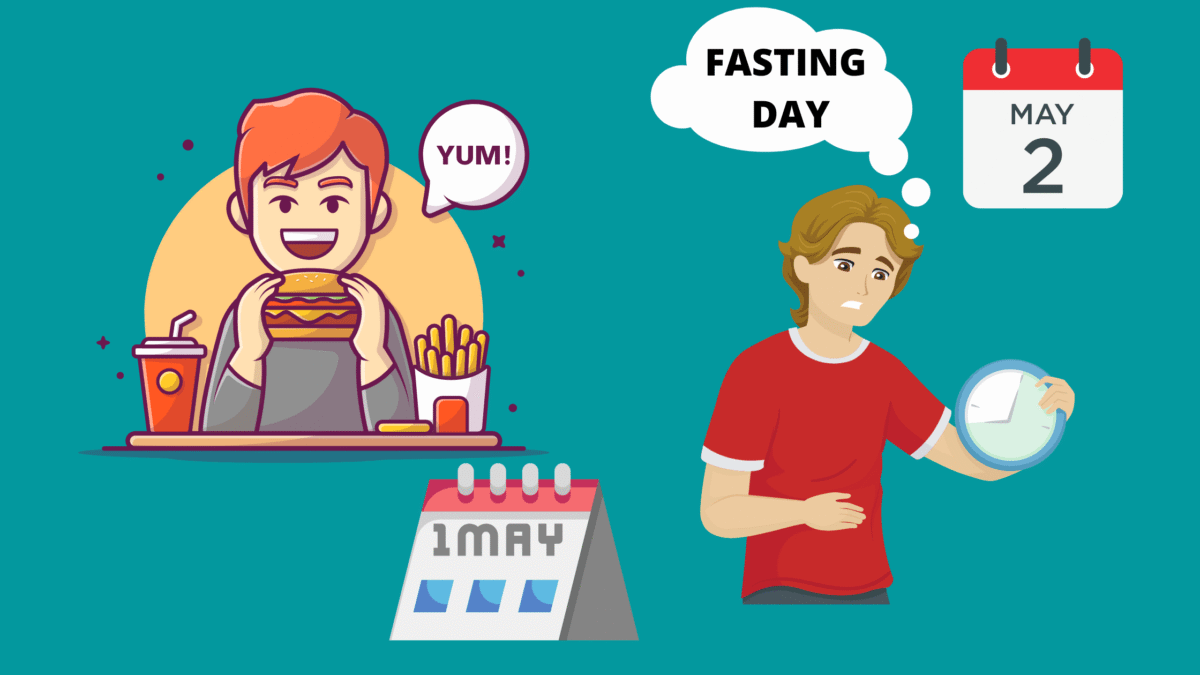Last updated on August 14th, 2024 at 03:41 am
Quick Links
This diet is more of a way of life than a diet because it doesn’t tell you what to eat, only when to eat it. The most popular intermittent fasting diet right now is the 5:2 diet, also called The Fast Diet.
British journalist Michael Mosley made it more well-known. It’s called the 5:2 diet because you usually eat five days a week and only 500–600 calories on the other two. Many people find it easier to stick to this eating method than a traditional low-calorie diet. (1)
This article gives you all the information you need about the 5:2 diet.
How to do the 5:2 diet
The 5:2 diet is effortless to describe.
Five days a week, you usually eat and don’t have to worry about how many calories you eat.
Then, on the other two days, you eat only a quarter of what you need each day. This is roughly 500 calories per day for women and 600 calories per day for men.
You can pick any two days of the week as long as there is at least one day when you don’t have to fast in between.
One common way to plan the week is to eat only two or three small meals on Mondays and Thursdays and then eat the rest of the week.
It’s important to remember that “normal” eating doesn’t mean you can eat anything. If you eat junk food all the time, you probably won’t lose weight and may even gain weight.
You should eat as much as you would if you hadn’t been fasting.
Note: Before we continue, I have a special gift for you. I call this the IFLG, which stands for Intermittent Fasting Link of Gold. This link will give you access to all of our articles and product recommendations about intermittent fasting. Here is your IFLG link ► IFLG
what are its health benefits
Few studies have been done on the 5:2 diet in particular.
But there are a lot of studies on intermittent fasting in general that show many good things for your health. (2)
Intermittent fasting seems more straightforward to stick to than cutting calories all the time, at least for some people. This is a significant benefit. (3)
Also, a lot of research has shown that different kinds of intermittent fasting may considerably lower insulin levels. (4)
One study showed that the 5:2 diet made people lose weight as limiting calories did. Also, the diet worked very well to lower insulin levels and make the body more sensitive to insulin. (5)
Several studies have looked at the health effects of modified alternate-day fasting, which is very similar to the 5:2 diet (in the end, it’s a 4:3 diet). (6)
The 4:3 diet may help insulin resistance, asthma, seasonal allergies, heart arrhythmias, hot flashes during menopause, and other health problems. (7)
In one randomized, controlled study, both normal-weight and overweight people did better in the 4:3 fasting group than in the normal-eating control group. (8)
After 12 weeks, the people in the fasting group:
- Weight dropped by more than 11 pounds (5 kg).
- Cut their fat mass by 7.7 pounds (3.5 kg), but muscle mass stayed the same.
- LDL particles are getting bigger, which is a good thing.
- Cut the Triglycerides in the blood by 20%.
- Less CRP is a vital sign of inflammation in the blood.
- Leptin levels have dropped by up to 40%.
5:2 Intermittent Fasting Results
SYKTOHEALTH Follower Jinn Agbing says:
Testimony by Jinn Agbing:
I wanted to share my incredible experience with 5:2 intermittent fasting. This eating pattern has truly transformed my life in ways I never thought possible. With the 5:2 method, I fast for two non-consecutive days each week, consuming only 500-600 calories on those days, while eating normally on the remaining five days.
Not only did 5:2 intermittent fasting help me shed unwanted pounds, but it also boosted my energy levels and mental clarity. I found myself more focused and productive throughout the day. Additionally, my digestion improved, and my sugar cravings significantly diminished.
What amazed me the most was the long-term sustainability of this approach. It seamlessly integrated into my lifestyle, allowing me to enjoy social events without feeling guilty. The flexibility it offered was truly liberating.
I highly recommend 5:2 intermittent fasting to anyone seeking a healthy and effective way to lose weight, improve overall well-being, and maintain long-term results. Give it a try and witness the positive changes it can bring to your life!
FREE eBook
If you’ve heard enough and are feeling that Intermittent Fasting is the right thing for you, why not take our FREE eBook which is the same eBook that Jinn Agbing started with to reach his dream weight.

Potential Side Effects of 5:2 Intermittent Fasting
While this approach has shown some benefits, it’s important to be aware of potential side effects.
One potential side effect of 5:2 intermittent fasting is increased hunger and cravings on fasting days. This can make it challenging to stick to the plan, leading to overeating on non-fasting days, which may hinder weight loss goals.
Another side effect is the risk of nutrient deficiencies. With limited food intake on fasting days, it may be difficult to consume enough essential vitamins, minerals, and macronutrients. This can result in weakness, fatigue, and a compromised immune system if nutrient needs are not met.
Some individuals may experience irritability, mood swings, or difficulty concentrating due to low-calorie intake. It’s important to listen to your body and adjust the fasting schedule if these symptoms become overwhelming.
Here is the list of all the potential side effects that you might experience while fasting:
- Excessive keto fatigue
- Nausea and headaches due to low blood sugar
- Feeling weak
- Persistent dizziness
- Having a slow thyroid
- Hair loss due to a lack of nutrients
- Kidney Stone
- Keto Flu and Cold
- Diarrhea
- Sleep disturbances such as nightmares and insomnia
- Experiencing brain fog
- High cholesterol
- Gout
To know more about the solution to these potential side effects, you can read our blog post below.
The 5:2 diet to lose weight
When done right, the 5:2 diet can be a very effective way to lose weight.
The main reason is that the 5:2 eating plan helps you eat fewer calories.
So, it’s crucial not to make up for the days you fast by eating a lot more on the days you don’t fast.
If the total number of calories is the same, intermittent fasting does not cause more weight loss than regular calorie restriction.
Still, studies on weight loss have shown that fasting plans like the 5:2 diet have a lot of potentials:
A recent study found that modified alternate-day fasting made people lose 3–8% of their body weight in 3–24 weeks (15).
In the same study, people lost 4–7% of their waist circumference, which means they lost a lot of dangerous belly fat.
Compared to traditional calorie restriction, intermittent fasting causes a much smaller loss of muscle mass.
Intermittent fasting works even better when combined with exercise, like endurance or strength training.
How to eat on fasting days
There is no rule about what to eat or when on fasting days.
Some people do better when they eat a small breakfast in the morning, while others do better when they eat as late as possible.
In general, people follow one of two meal patterns:
People usually eat three small meals: breakfast, lunch, and dinner.
Only lunch and dinner, which are both a little bit bigger.
Since you can only eat 500 calories a day for women and 600 calories a day for men, it makes sense to make the most of your calories.
Try to eat healthy, high-protein, high-fiber foods that fill you up without giving you too many calories.
On fast days, soup is a great choice. Studies have shown that they may make you feel fuller than the same ingredients in their original form or foods with the same number of calories.
Here are some foods that might be good to eat on fast days:
- A large number of vegetables
- Yogurt made from milk and fruit
- Boiled or baked eggs.
- Fish on the grill or lean meat
- Rice with cauliflower
- Soups (for example, miso, tomato, cauliflower, or vegetable)
- Cup soups with few calories
- White coffee
- Tea
- Still or sparkling water
On days of fasting, there is no one right way to eat. It would be best if you tried different things to see what works best for you.
things to do when you are uncontrollably hungry
During the first few days of your fast, you are likely to feel very hungry. It’s also normal to feel a little weaker or slower than usual.
But you’ll be surprised at how quickly the hunger goes away, especially if you keep working or doing other things.
Also, most people find that fasting days get easier after the first few times they do it.
If you have never fasted before, you might want to keep a small snack on hand during your first few fasts in case you feel dizzy or sick.
But if you feel sick or dizzy during fast days over and over again, eat something and talk to your doctor about whether you should keep going.
Not everyone can do intermittent fasting; some people can’t even handle it.
Who should avoid the 5:2 intermittent fasting?
Intermittent fasting is safe for healthy, well-fed people but isn’t suitable for everyone.
Some people should never try to limit what they eat or fast. These things are:
- People who have had eating disorders in the past.
- People often have drops in their blood sugar levels.
- Women who are pregnant or nursing, teens, children, and people with type 1 diabetes.
- People who aren’t getting enough food are underweight or are missing certain nutrients.
- Women who are trying to get pregnant or who have problems getting pregnant.
Also, some women may not benefit as much from intermittent fasting as men.
Some women have said they stopped having their periods while eating this way. But things went back to normal when they went back to eating like they used to.
So, women should be careful when they start intermittent fasting and stop immediately if it makes them feel bad.
syktohealth conclusion
The 5:2 diet is a simple and effective way to lose weight and improve the health of your metabolism. People find it much easier to stick to than a traditional diet limiting calories. The 5:2 diet is something to consider if you want to lose weight or improve your health.
What to Read Next?
Related Articles
Ali Webster is a seasoned researcher, communicator, and Registered Dietitian with a diverse background encompassing government, nonprofits, academia, and health care. The core belief is that science should be made accessible, understandable, and relevant to all individuals, driving the motivation behind their work. Proficient in conducting and interpreting research to shape nutrition policy decisions, the individual also excels in nutrition and health communication, consumer research survey development and implementation, and clinical nutrition. Holding a Doctorate of Philosophy with a focus on Nutrition and Epidemiology from the University of Minnesota, their dietetic internship emphasized medical nutrition therapy.


















